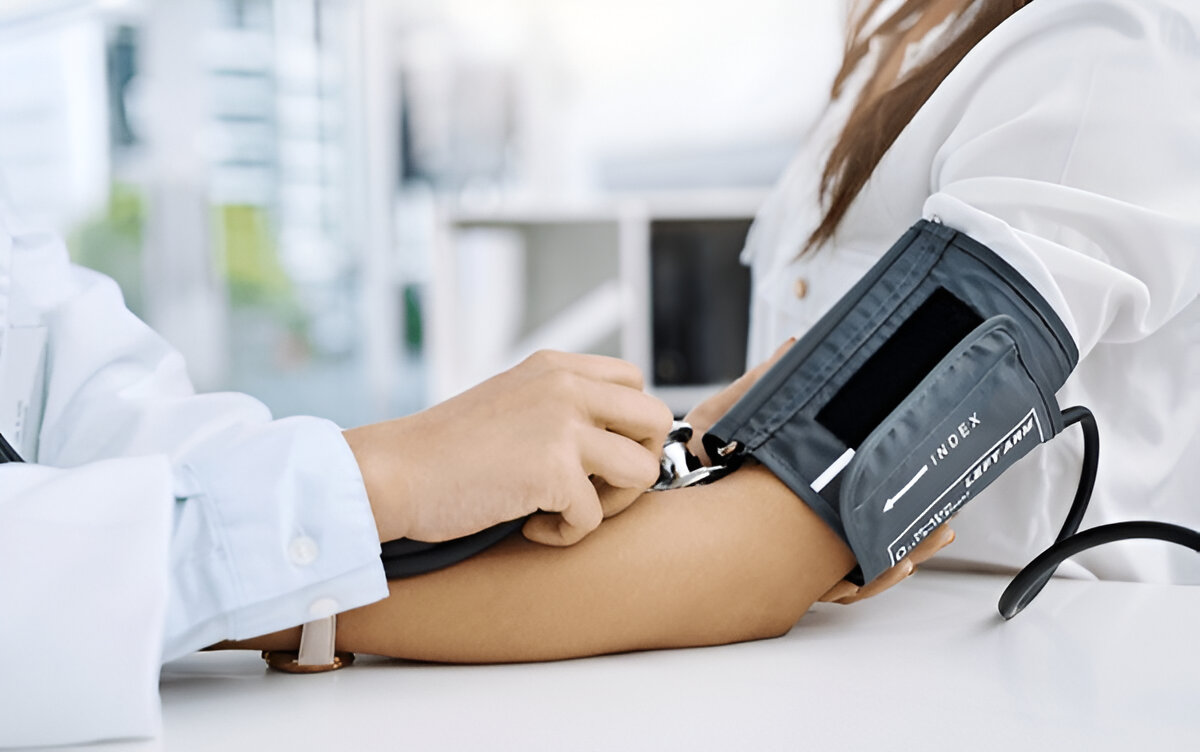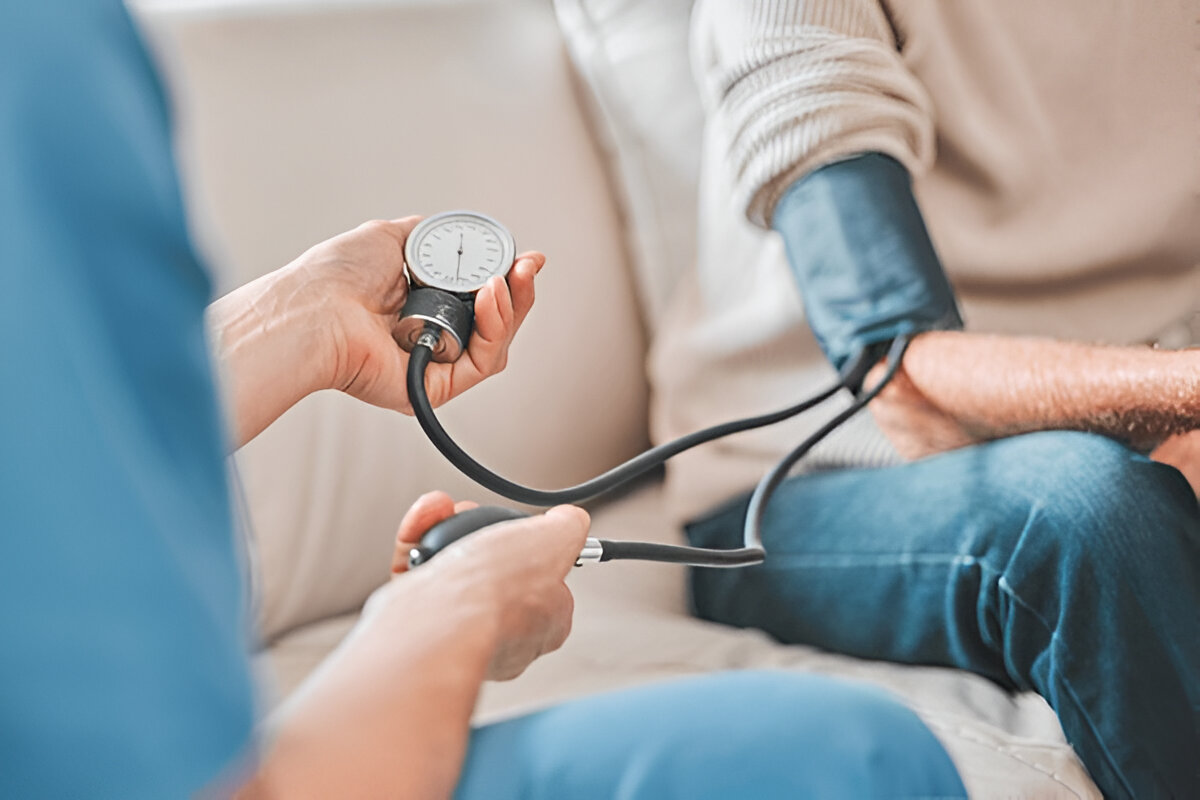
Hypertension Specialist in Dehradun
Dr. Sunil is a highly experienced physician specializing in the diagnosis and management of hypertension and related cardiovascular conditions. With extensive medical training and years of clinical practice, he has helped countless patients in Dehradun achieve effective blood pressure control and prevent long-term health risks. He is known for his patient-focused approach, combining accurate diagnosis, advanced medical treatments, and personalized lifestyle counseling.
What is Hypertension?
Hypertension, commonly known as high blood pressure, is a medical condition where the force of blood pushing against the walls of your arteries is consistently too high. Blood pressure is measured in two numbers – systolic (upper value) and diastolic (lower value).


Hypertension Treatment in Dehradun
- Medication management for blood pressure control: afe and effective medicines tailored to your needs.
- Diet and lifestyle counseling: Guidance on nutrition, exercise, stress management, and healthy habits.
Why Choose Dr. Sunil for Hypertension Treatment
- Specialized Expertise: 10 Years of experience in diagnosing and treating hypertension and related heart conditions.
- Advanced Diagnostic Methods: Accurate assessment and continuous monitoring for effective management.
- Personalized Car: Every treatment plan is tailored to the patient’s health needs, lifestyle, and risk factors